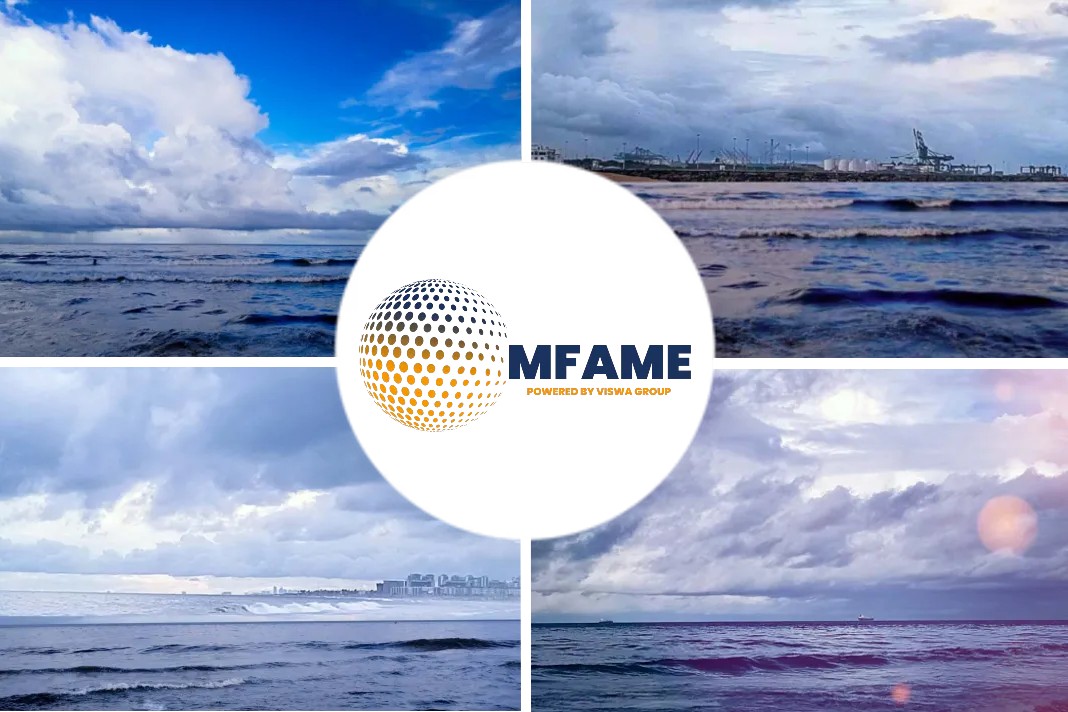- There are some serious ongoing challenges arising from the new cocktail of bunkers being made available on the market pos January 1, 2020.
- Nikolas P. Tsakos, founder and Chief Executive Officer (CEO) of the Greek tanker owner and operator Tsakos Energy Navigation (TEN) endorses this problem very much.
- The ships in question, like most other ships operated by TEN, have been employed on long-term contracts.
- The charterers would bear the costs of the downtime and repairs affected ships have to undergo as a result of these issues.
- This is due to the fact that time-charterers are the ones responsible for providing bunkers to the ships they chartered.
A recent news published by the Offshore Energy deals with the serious problems faced by the shipping industry due to the cocktail of bunkers available in market.
The present reality
Speaking in a recent webinar hosted by Capital Link, Nikolas P. Tsakos, “2020 would have been a great game-changer, however, we had to compete with COVID-19 instead,” Tsakos said.
He spoke about the serious financial losses incurred from the quality of the new generation of cocktails of bunkers provided to their ships.
He cited that four of the company’s ships have serious engine problems due to poor quality of bunkers, creating delays.
VLSFO is the preferred choice
Trecently released data from the ING bank states that very low sulphur fuel oil (VLSFO) is the preferred choice of owners rather than marine gasoil.
It makes up for 70 % of the total fuel oil sales in Singapore, a major bunkering hub, in the first six months of this year.
Marine gasoil accounted for 11%, while high sulphur fuel oil sales (HSFO) bunkered by scrubber-fitted ships accounted for 18% of the sales.
Scrubber installation not appreciable
TEN did not install any scrubbers on board its ships.
During his tenure at INTERTANKO, Tsakos has been vocal against scrubbers, a technology that dominated the discourse in the shipping industry due to their lucrative premiums.
“On a personal, company note, the decision had to do with the environmental issues. I have been the chairman of the Hellenic Marine Environment Protection Association (HELMEPA) years ago, and I could not accept the fact that instead of polluting the skies we would throw ‘questionable residuals” from the scrubber washwater into the sea,” he pointed out.
“Our decision was purely based on a gut feeling that it was not good to throw all this rubbish into the sea.”
LNG is not everything
Takos feels he doesn’t believe shipowners would be taking a huge chance on LNG as a fuel.
“I believe LNG as fuel is a good interim solution. But, the interim used to cover a duration of up to 30 years, meaning it could cover a lifetime of an asset. However, by bringing things to 2030, the interim has become quite narrower, covering a period of 10 years. So, LNG is becoming more of a question mark than a year ago.”
Commenting on the LNG outlook, Tsakos said he was never sold on the idea that LNG would solve everything.
Uncertainty continues
Due to the ongoing uncertainty with regard to fuel types and engine types, Tsakos believes there will be a diminishing ordering activity in the next five years.
This will probably take time until a new vessel design comes out that would be widely accepted in the industry.
With respect to fleet rejuvenation plans, Tsakos said selling older assets is a very important part of the company’s strategy, with half-a-dozen ships earmarked for sales once the markets and assets values pick up.
One of the oldest ships in the company’s fleet is 14-years old.
Did you subscribe to our daily newsletter?
It’s Free! Click here to Subscribe!
Source: Offshore Energy

















